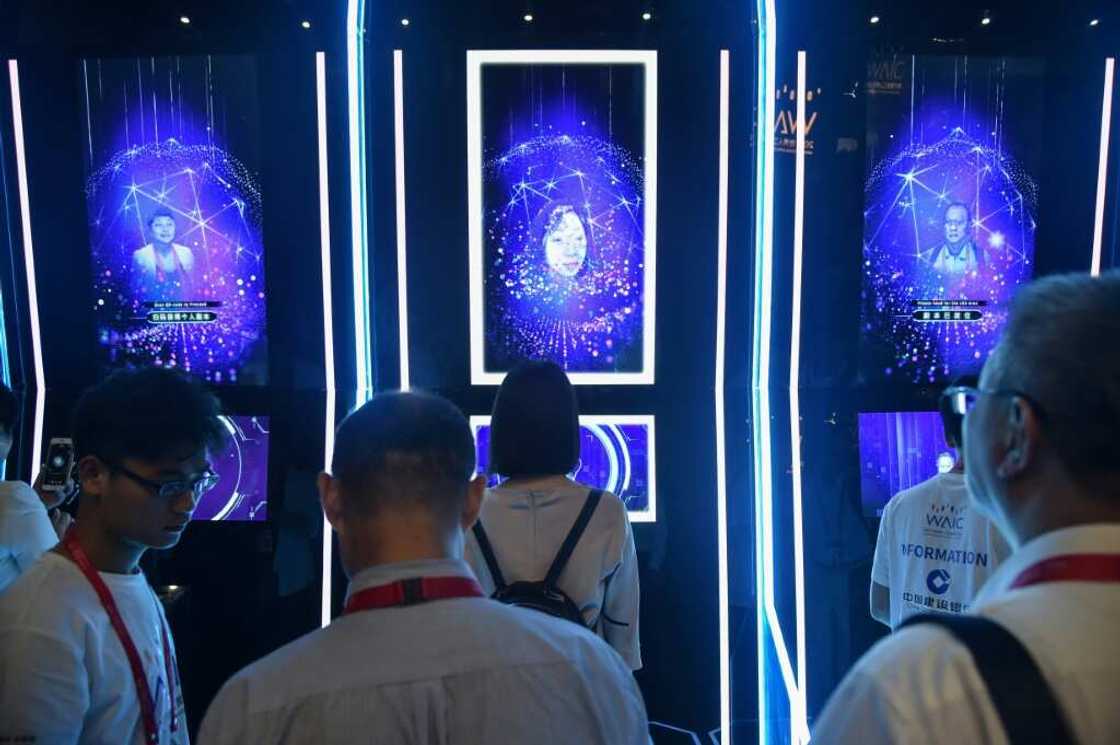China to require 'security assessment' for new AI products: draft law

Source: AFP
PAY ATTENTION: Click “See First” under the “Following” tab to see Legit.ng News on your Facebook News Feed!
All new artificial intelligence (AI) products developed in China will be required to undergo a "security assessment" before being released to the public, a new draft law by the country's internet regulator showed Tuesday.
"Before providing services to the public that use generative AI products, a security assessment shall be applied for through national internet regulatory departments," the draft law, released by the Cyberspace Administration of China, reads.
The draft law -- dubbed "Administrative Measures for Generative Artificial Intelligence Services" -- aims to ensure "the healthy development and standardised application of generative AI technology", it read.
AI generated content, it continued, must "reflect core socialist values, and must not contain content on subversion of state power".
It must also not contain, among other things, "terrorist or extremist propaganda", "ethnic hatred" or "other content that may disrupt economic and social order."
The Cyberspace Administration of China said it was seeking public input on the contents of the new regulations, which under Beijing's highly centralised political system are almost certain to become law.
PAY ATTENTION: Join Legit.ng Telegram channel! Never miss important updates!
The fresh regulations come as a flurry of Chinese companies including Alibaba, JD.com, Netease and TikTok-parent Bytedance rush to develop services that can mimic human speech since San Francisco-based OpenAI launched ChatGPT in November, sparking a gold rush in the market.
China has announced ambitious plans to become a global leader in the field of AI by 2030, and consultancy group McKinsey estimates the sector could add about $600 billion every year to China's gross domestic product by then.
But Beijing's strict censorship and a US squeeze on chip imports have hamstrung the country's artificial intelligence ambitions.
Source: AFP



